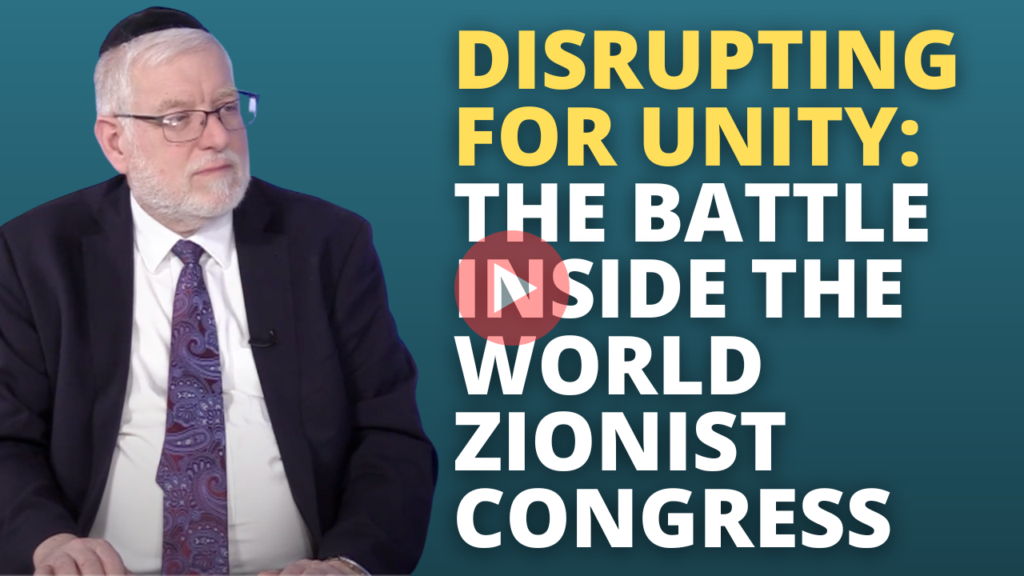Jordan’s bold decision to outlaw the Muslim Brotherhood is more than a domestic political shake-up; it’s a regional pivot. With the Brotherhood’s offices shuttered, assets targeted and members accused of planning attacks, Amman has made it clear: Islamist movements that flirt with militancy have no place in the modern Middle East.
For Israel and for Western allies invested in regional stability, this move should be seen as a clear win.
The Muslim Brotherhood has long presented itself as a political movement grounded in Islamic values and electoral legitimacy. In reality, it is the ideological engine behind some of the region’s most destabilizing actors, including Hamas, which calls itself the Palestinian branch of the Brotherhood.
Its network thrives on inciting unrest, manipulating democratic processes and normalizing anti-Western and anti-Israel sentiment across the Arab world. From Egypt to Gaza and Tunisia to Qatar, its influence is corrosive.
Jordan’s ban follows the arrest of 16 individuals linked to “unlicensed groups” allegedly involved in manufacturing missiles and recruiting for attacks. The regime isn’t acting out of paranoia. It is responding to credible security threats from a group that knows how to operate in the shadows while posing as legitimate opposition.

Jordan has long walked a tightrope—maintaining peace with Israel, cooperating with the United States and tolerating Islamist factions under the pretense of inclusivity. But that balancing act has increasingly become a liability. The Islamic Action Front, a Brotherhood-linked political party, won major gains in Jordan’s elections last year while capitalizing on protests against Israel’s war with Hamas.
This was a wake-up call for the monarchy: The Brotherhood wasn’t just an opposition party but a threat to national cohesion and regional alliances. By enforcing the ban, Jordan is sending a message to both domestic and foreign actors: Political Islam won’t be allowed to masquerade as democratic opposition while undermining the state from within.
For Israel, this is a strategic shift with direct security implications. Jordan is more than a neighbor; it’s a buffer state, a partner in border security and a quiet lynchpin in the anti-Iran axis. A Brotherhood-empowered Jordan would not only risk internal instability; it could open the door to more radical, anti-Israel currents on Israel’s longest border.
With the Brotherhood weakened, so, too, is Hamas’s ideological and logistical support network. And while Jordan insists the Islamic Action Front is legally separate from the Brotherhood, the overlap in messaging, goals and political behavior has always been clear.
Israel benefits when Islamist factions lose ground in the region, especially those that use democratic tools to chip away at democratic norms.
This move also highlights a key lesson for Western policymakers: Tolerating the Muslim Brotherhood in the name of pluralism is a dangerous gamble. The group’s record shows a pattern—enter politics, gain legitimacy, use that power to dismantle institutions from within.
Washington should see Jordan’s decision not as repression but as pre-emptive self-defense. Jordan’s leadership is doing what many Western governments have hesitated to do, drawing a hard line against an ideology that has proven incompatible with liberal democratic values.
It’s time the United States re-evaluates its own posture. Brotherhood-affiliated NGOs and lobbyists operate freely across Europe and North America. Their goal is not coexistence. It is soft radicalization—shifting narratives, influencing policy and weakening alliances with democratic partners like Israel.
This isn’t the first time Jordan has clamped down on the Brotherhood, but it may be the most decisive. The current crackdown includes potential asset seizures, the arrest of key operatives and the closing of the group’s last remaining political space. Whether this marks the end of the Brotherhood in Jordan depends on how thoroughly the monarchy follows through.
But one thing is certain: The regional tide is turning. Egypt banned the Brotherhood in 2013. The United Arab Emirates designated it a terrorist organization. Saudi Arabia, despite its own contradictions, has moved against its affiliates. Now Jordan joins the list of states choosing stability over ideological appeasement.
Israel should encourage this momentum not just through quiet support but by helping align security-related efforts among like-minded regional players. Intelligence-sharing, joint counter-radicalization programs and public messaging campaigns could all benefit from greater Israeli-Jordanian cooperation in this post-Brotherhood landscape.
The Brotherhood’s charm offensive is over. Jordan has stripped away the veneer of political legitimacy and exposed the threat for what it is: a network that incubates extremism, undermines sovereignty and foments hatred toward Israel and the West.
By banning the Muslim Brotherhood, Jordan hasn’t just secured itself. It has taken a stand—one that serves Israeli security, American interests, and the broader goal of a more stable Middle East.


 Whatsapp
Whatsapp




